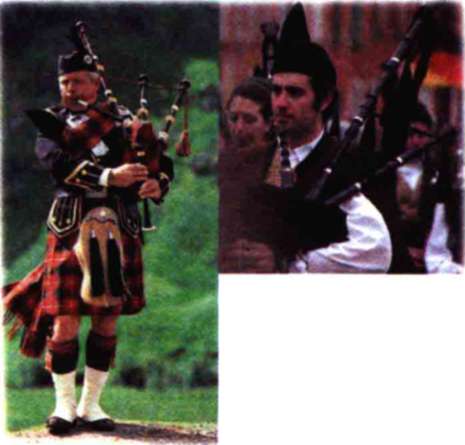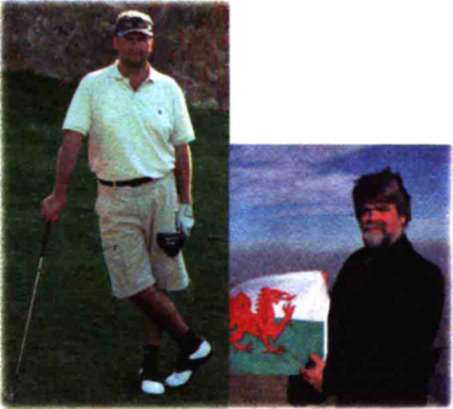|
|
|
|
|
|
|
|
|
|
|
|
|
|
LISTEN AND DISCUSS
|
|
|
|
|
|
|
|
HELPFUL TIPS
|
|
|
|
|
|
|
|
LISTENING FOR SPECIFIC INFORMATION
• Make sure you know what you have to do, e.g. match, fill in gaps or complete a table.
• Make notes as you listen.
• Use the sentences for filling in gaps or the topics from the table to help you while you are listening.
• If you miss some information, write a question mark to remind you to listen carefully second time, e.g. the people of Scotland?
|
|
|
|
|
|
|
|

|
3. Listen about the population of Great Britain again and complete the sentences choosing right answers.
|
|
|
|
1) More than ... million people live in Britain.
|
|
|
|
|
2) ... are the biggest industrial cities in
|
|
|
|

|
|
|
|
the centre of England.
a) Manchester and Leeds
b) Liverpool and Manchester d) Leeds and Birmingham
3) Many sailors and fishermen live in Liverpool, ....
a) Plymouth and Portsmouth
b) Sheffield and Portsmouth
|
|
|
|
c) Portsmouth and London
|
|
|
|
4)... is the birthplace of famous Shakespeare.
a) Bristol
b) Manchester
|

|
|
|
|
c) Stratford-upon-Avon
|
|
|
|
5) In some parts of
|
and Wales people
|
|
|
|
speak other languages besides1 English. a) England b) Scotland c) Britain
6) Everyone in the UK speaks English ....
a) clearly b) in the same way c) differently
|
|
|
|
|
|
|
|
4. a) Use the table you have copied (see task 2b) and name the capitals of:
•England •Northern Ireland •Scotland ©Great Britain *Wales What country has the same capital as Great Britain on the whole2?
b) Work in pairs. Ask and answer about the people, the language and the capitals of each part of Great Britain.
|
|
|
|
|
|
|
|

|
|
|
|
|
|
|
|
|
|
|
|
|
|



